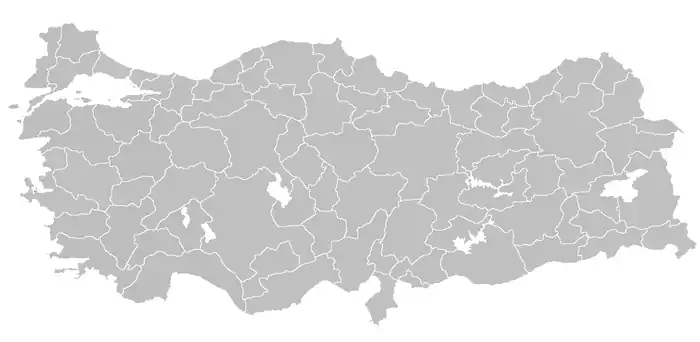Portal:Turkey
Merhaba! Welcome to the Turkey portal
 Flag of Turkey | |
.svg.png.webp) | |
Turkey, officially the Republic of Türkiye (Turkish: Türkiye Cumhuriyeti [ˈtyɾcije dʒumˈhuːɾijeti] ⓘ), is a transcontinental country located at the juncture of Southeast Europe and West Asia. It is mainly on the Anatolian Peninsula in West Asia, with a small portion called East Thrace on the Balkan Peninsula in Southeast Europe. It borders the Black Sea to the north; Georgia to the northeast; Armenia, Azerbaijan, and Iran to the east; Iraq to the southeast; Syria and the Mediterranean Sea to the south; the Aegean Sea to the west; and Greece and Bulgaria to the northwest. Cyprus is off the south coast. Most of the country's citizens are ethnic Turks, while Kurds are the largest ethnic minority. Ankara is Turkey's capital and second-largest city, while Istanbul is its largest city and economic and financial centre.
One of the world's earliest permanently settled regions, present-day Turkey is home to important Neolithic sites like Göbekli Tepe, and was inhabited by ancient civilizations including the Hattians, Hittites, Anatolian peoples, Greeks, Assyrians, Persians, and others.
Following the conquests of Alexander the Great which started the Hellenistic period, most of the ancient Anatolian regions were culturally Hellenized, and this continued during the Byzantine era. The Seljuk Turks began migrating to Anatolia in the 11th century, which started the Turkification process. The Seljuk Sultanate of Rum ruled Anatolia until the Mongol invasion in 1243, when it disintegrated into small Turkish principalities. Beginning in the late 13th century, the Ottomans united the principalities and conquered the Balkans, while the Turkification of Anatolia further progressed during the Ottoman period. After Mehmed II conquered Constantinople (now Istanbul) in 1453, Ottoman expansion continued under Selim I. During the reign of Suleiman the Magnificent, the Ottoman Empire became a global power.
From the late 18th century onwards, the empire's power declined with a gradual loss of territories. Mahmud II started a period of modernization in the early 19th century. The Young Turk Revolution of 1908 restricted the authority of the sultan and restored the Ottoman Parliament after a 30-year suspension, ushering the empire into a multi-party period. The Three Pashas took control with the 1913 coup d'état, and the Ottoman Empire entered World War I as one of the Central Powers in 1914. During the war, the Ottoman government committed genocides against its Armenian, Greek and Assyrian subjects. After its defeat in the war, the Ottoman Empire was partitioned.
The Turkish War of Independence against the occupying Allied Powers resulted in the abolition of the sultanate on 1 November 1922, the signing of the Treaty of Lausanne (which superseded the Treaty of Sèvres) on 24 July 1923 and the proclamation of the Republic on 29 October 1923. With the reforms initiated by the country's first president, Mustafa Kemal Atatürk, Turkey became a secular, unitary and parliamentary republic. Turkey remained neutral during most of World War II, but entered the closing stages of the war on the side of the Allies.
Turkey played a prominent role in the Korean War and joined NATO in 1952. During the Cold War years, the country endured two military coups in 1960 and 1980, and a period of economic and political turmoil in the 1970s. The economy was liberalized in the 1980s, leading to stronger economic growth and political stability. Since 2002, the country's political system has been dominated by the AKP and its leader Recep Tayyip Erdoğan, under whom a decade of rapid growth in nominal GDP took place until 2013, which was followed by a period of recession and stagnation in terms of USD-based nominal GDP between 2013 and 2020, and high inflation as of 2023. The AKP government's initial economic achievements, which were financed through privatization revenues and loans, were overshadowed by democratic backsliding and an erosion in the separation of powers and civil liberties, which gained momentum after the parliamentary republic was replaced by an executive presidential system with a referendum in 2017.
Turkey is a regional power with a geopolitically significant strategic location. The economy of Turkey, which is a founding member of the OECD and G20, is classified among the E7, EAGLEs and NICs, and currently ranks 17th-largest in the world by nominal GDP and 11th-largest by PPP. Turkey is a charter member of the United Nations, the IMF and the World Bank; a founding member of the OSCE, OIC, BSEC, ECO, MIKTA, TURKSOY and OTS; and an early member of NATO. After becoming one of the early members of the Council of Europe in 1950, Turkey became an associate member of the EEC in 1963, joined the EU Customs Union in 1995, and started accession negotiations with the European Union in 2005. Turkey has a rich cultural legacy shaped by centuries of history and the influence of the various peoples that have inhabited its territory over several millennia; it is home to 21 UNESCO World Heritage Sites and is the fourth most visited country in the world. (Full article...)
Selected article -
Istanbul (/ˌɪstænˈbʊl/ IST-an-BUUL, US also /ˈɪstænbʊl/ IST-an-buul; Turkish: İstanbul [isˈtanbuɫ] ⓘ), formerly known as Constantinople (Greek: Κωνσταντινούπολις; Latin: Constantinopolis; Ottoman Turkish: قسطنطينيه Kostantiniye), is the largest city in Turkey, serving as the country's economic, cultural and historic hub. The city straddles the Bosporus strait, lying in both Europe and Asia, and has a population of over 15 million residents, comprising 19% of the population of Turkey. Istanbul is the most populous European city and the world's 15th-largest city.
The city was founded as Byzantium (Greek: Βυζάντιον, Byzantion) in the 7th century BCE by Greek settlers from Megara. In 330 CE, the Roman emperor Constantine the Great made it his imperial capital, renaming it first as New Rome (Greek: Νέα Ῥώμη, Nea Rhomē; Latin: Nova Roma) and then as Constantinople (Constantinopolis) after himself. In 1930, the city's name was officially changed to Istanbul, the Turkish rendering of εἰς τὴν Πόλιν (romanized: eis tḕn Pólin; 'to the City'), the appellation Greek speakers used since the 11th century to colloquially refer to the city. (Full article...)General images
Did you know -
- ... that the Romanian crude oil tanker M/T Independenţa burnt for weeks in 1979 after colliding with a freighter? (August 10, 2007) Wikipedia:Recent additions 161
- ... that the Vefa Kilise Mosque (pictured) in Istanbul is one of the first examples of byzantine churches of Constantinople which were converted into mosques by the Ottomans? (July 13, 2007) Wikipedia:Recent additions 154
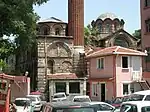
- ... that Mustafa Kemal Atatürk's state funeral took place twice, once immediately after his death in 1938 and then again in 1953? (May 1, 2011)
- ... that the house in Tekirdağ, Turkey, where Hungarian national hero Francis II Rákóczi spent his last years, is a museum now and is regarded as a cultural bridge between the two countries? (January 16, 2011)
- ... that the Church of St. George of Samatya in Istanbul may have been given to the Armenian community because of the intercession of a favorite of Sultan Ibrahim? (October 22, 2011)
- ... that Turkish record label Kalan Müzik was suspended for a song with the word "Kurdistan" in it? (September 1, 2007) Wikipedia:Recent additions 166
- ... that ten days before the ratification of the Peace of Szeged, Vladislaus, King of Hungary, swore an oath which invalidated it and all future treaties with the Ottoman Empire? (May 25, 2007) Wikipedia:Recent additions 143
Selected picture
Selected biography -
Makbule Hande Özyener (born 12 January 1973), better known by her stage name Hande Yener, is a Turkish singer. She made her debut in the early 2000s, and since then has become a prominent figure of Turkish pop music with numerous songs that topped the music charts. Alongside her music career, she is also known for her choice of clothes and has renewed her image multiple times over the years. She has occasionally made changes in her music style as well; for a while, she started making electronic music, but this period was short-lived and she again returned to performing pop music. During her career, both her professional and personal life have been among the favorite subjects of columnists, and her rivalry and on and off feud with Demet Akalın were covered in the tabloids from time to time.
Yener was born in Kadıköy, Istanbul. After finishing her middle school she decided to go to a conservatory, but after facing objections from her family, she enrolled in Erenköy Girls High School. She left the school while in the second grade and got married. To achieve her dream of becoming a singer, she tried to get in contact with Sezen Aksu, and while she was working as a shop assistant she met Hülya Avşar who later introduced her to Aksu. She worked as Aksu's backing vocalist for a while, before working with Altan Çetin who helped her with preparing her first studio album, Senden İbaret, which was released in 2000. She later released the MÜ-YAP certificated album Sen Yoluna... Ben Yoluma... (2002), followed by Aşk Kadın Ruhundan Anlamıyor (2004) and Apayrı (2006). These albums made her one of the successful artists inside Turkey in the 2000s. With the album Nasıl Delirdim? (2007), she shifted her style to electronic music and distanced herself from pop music for a while. During this period, which formed the first decade of her career, many of her songs became hits, including "Yalanın Batsın", "Sen Yoluna... Ben Yoluma...", "Acele Etme", "Kırmızı", "Kelepçe", "Aşkın Ateşi", "Kibir" and "Romeo". (Full article...)Selected video -
Selected quote -
| “ | Today the Soviet Union is a friend and an ally. We need this friendship. However, no one can know what will happen tomorrow. Just like the Ottoman and Austro-Hungarian Empires it may tear itself apart or shrink in size. The people that it holds so tightly in its grip may one day slip away. The world may see a new balance of power. It is then that Turkey must know what to do. Ally Soviets have under their control our brothers with whom we share language, beliefs and roots. We must be prepared to embrace them. Being ready does not mean that we will sit quietly and wait. We must get ready. How does a people get prepared for such an endeavour? By strengthening the natural bridges that exist between us. Language is a bridge... Religion is a bridge... History is a bridge... We must delve into our roots and reconstruct what history has divided. We can't wait for them to approach us. We must reach out to them. | ” |
Recognized content
Provinces
Topics
Categories
Related portals
Neighbouring countries
Countries with related heritage
WikiProjects
- European Union WikiProject
- Ottoman military history WikiProject
- Greek and Turkish wikipedians cooperation board
- European history WikiProject
- Eastern Europe WikiProject · Caucasia WikiProject
- Balkan military history WikiProject
- Islam WikiProject
- Countries WikiProject · Western Asia WikiProject
- Ancient Near East WikiProject
- Geography WikiProject
Turkish wikipedia
 |
There is a Turkish version of Wikipedia, the free encyclopedia. |
Wikimedia
The following Wikimedia Foundation sister projects provide more on this subject:
-
 Commons
Commons
Free media repository -
 Wikibooks
Wikibooks
Free textbooks and manuals -
 Wikidata
Wikidata
Free knowledge base -
 Wikinews
Wikinews
Free-content news -
 Wikiquote
Wikiquote
Collection of quotations -
 Wikisource
Wikisource
Free-content library -
 Wikiversity
Wikiversity
Free learning tools -
 Wikivoyage
Wikivoyage
Free travel guide -
 Wiktionary
Wiktionary
Dictionary and thesaurus
-
 List of all portalsList of all portals
List of all portalsList of all portals -
 The arts portal
The arts portal -
 Biography portal
Biography portal -
 Current events portal
Current events portal -
 Geography portal
Geography portal -
 History portal
History portal -
 Mathematics portal
Mathematics portal -
 Science portal
Science portal -
 Society portal
Society portal -
 Technology portal
Technology portal -
 Random portalRandom portal
Random portalRandom portal -
 WikiProject PortalsWikiProject Portals
WikiProject PortalsWikiProject Portals

.jpeg.webp)
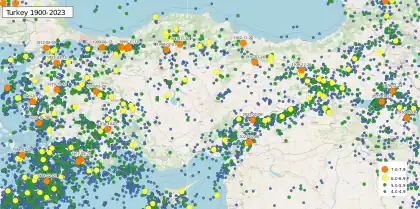
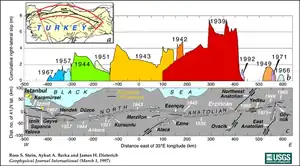
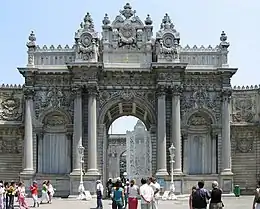
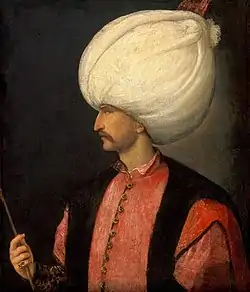

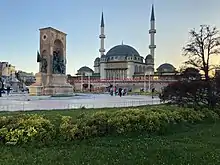
.jpg.webp)


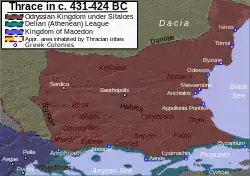
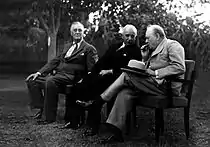
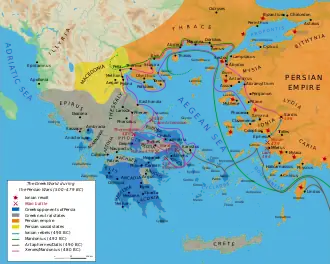
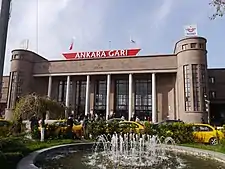
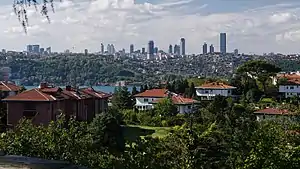

.jpg.webp)
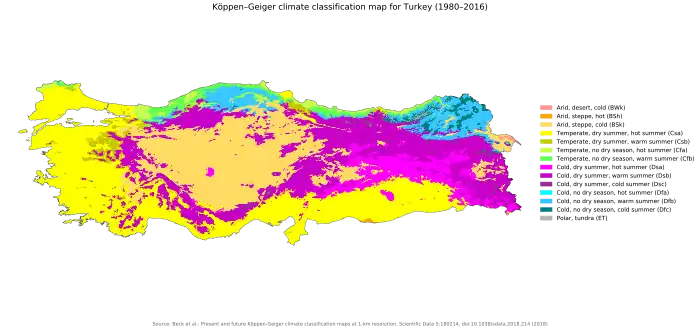
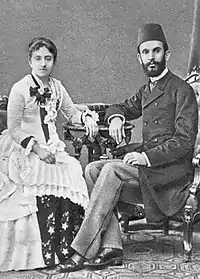
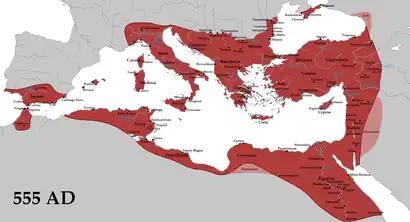
.jpg.webp)
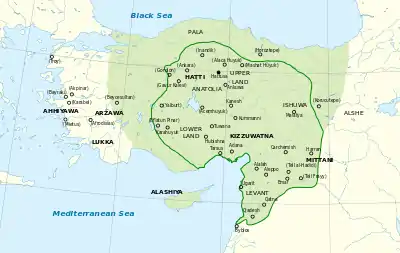
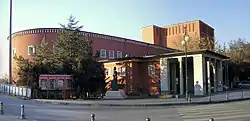
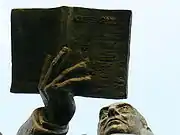
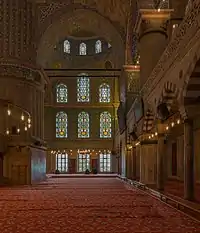
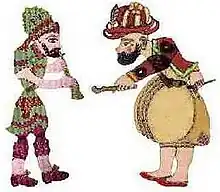
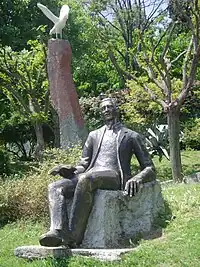
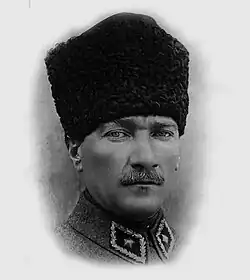

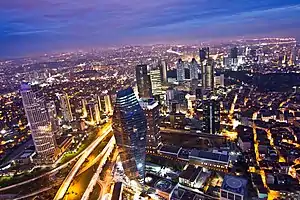
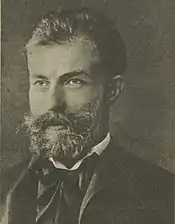

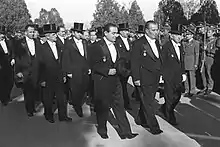
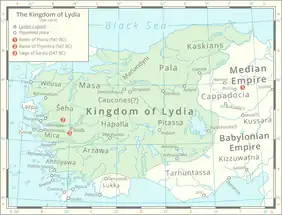
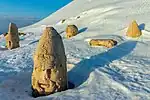
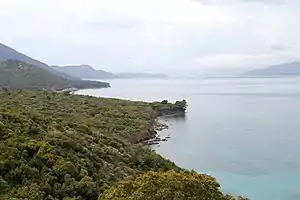


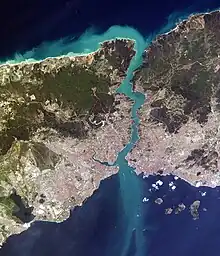
.jpg.webp)
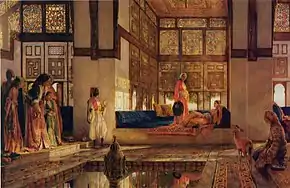
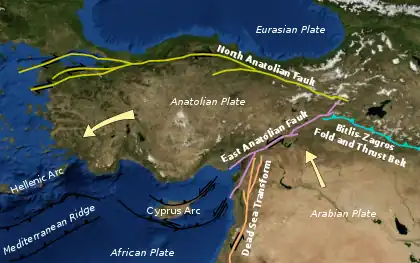
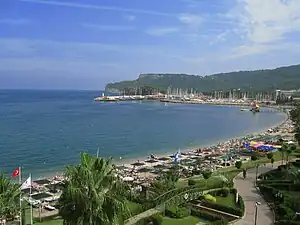

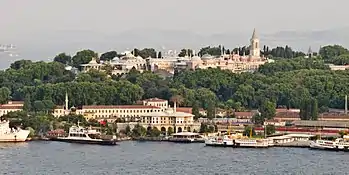
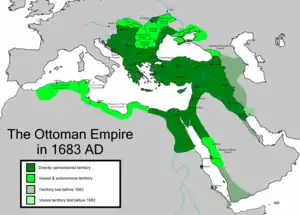
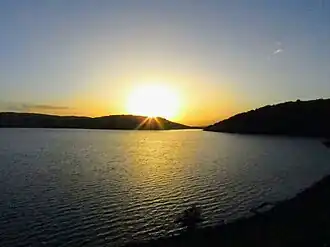
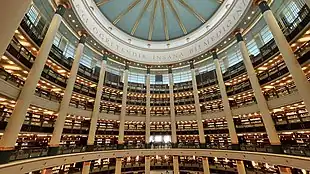
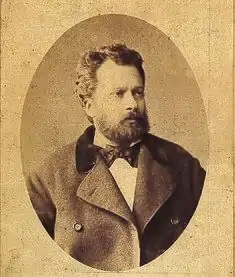
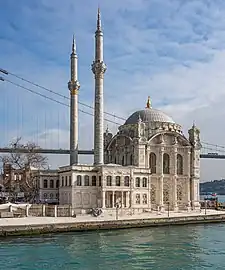
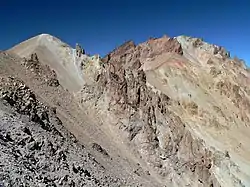
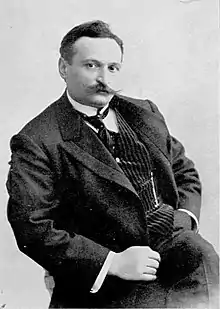
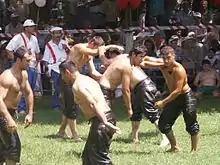

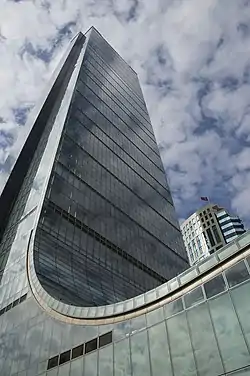
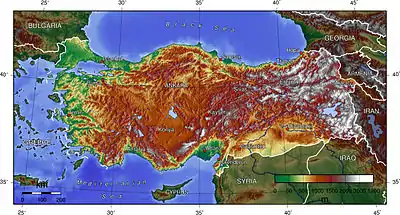
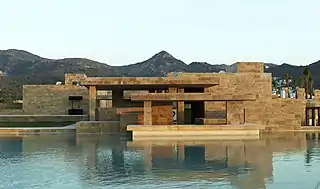
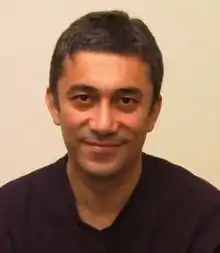
.jpg.webp)
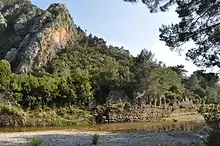
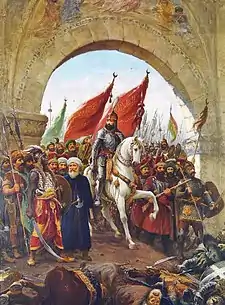
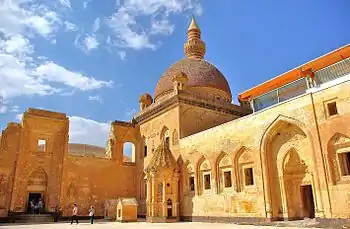
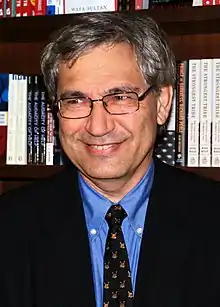
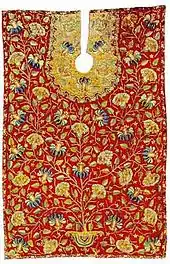

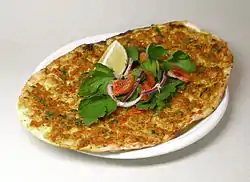





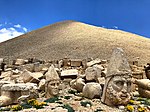

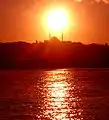

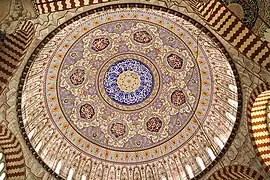
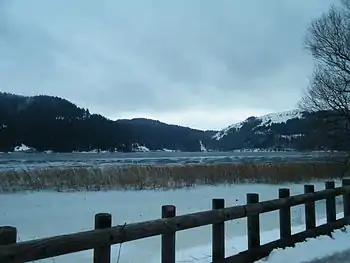

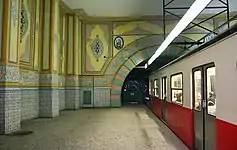

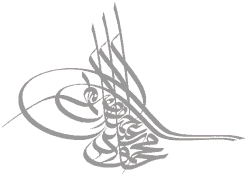


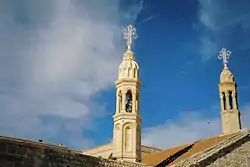
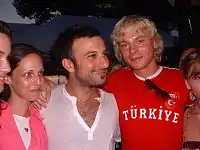
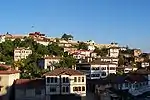
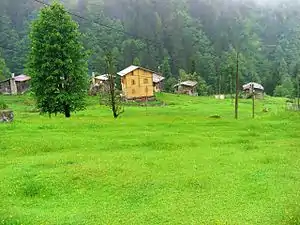
.jpg.webp)
.jpg.webp)
